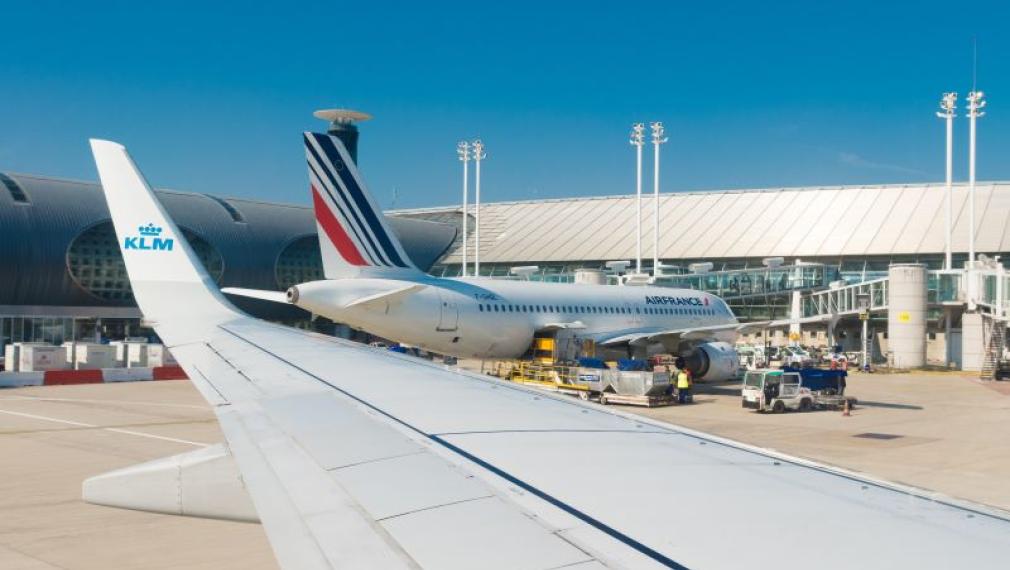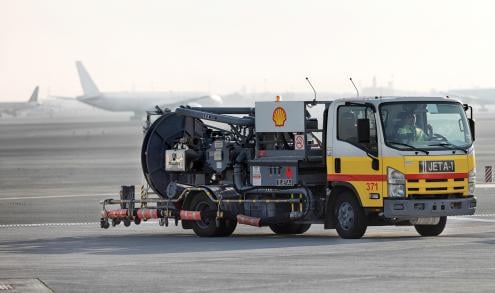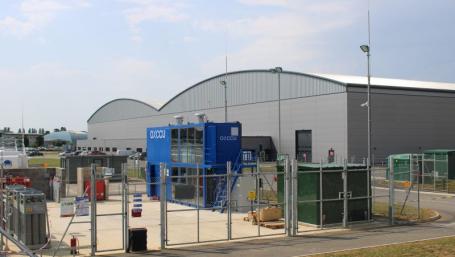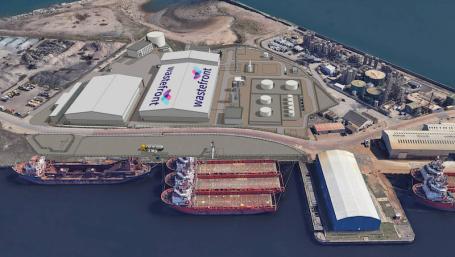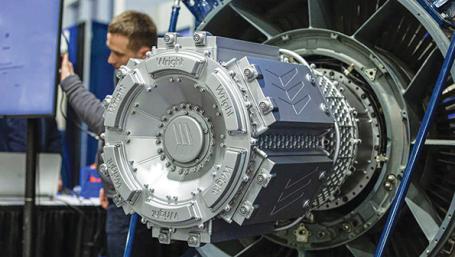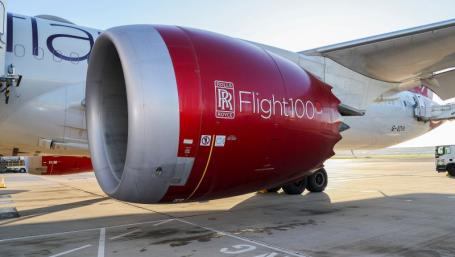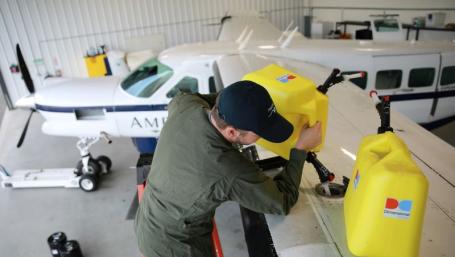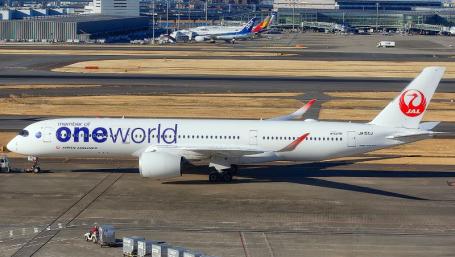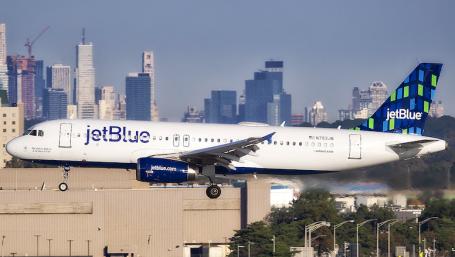Sustainable Aviation Fuel
With governments and airlines committed to decarbonizing aviation by 2050, innovative solutions are required and sustainable aviation fuels (SAF) could play a major role in meeting targets. IATA estimates that SAF could contribute around 65% of the reduction in emissions needed by aviation to reach net-zero in 2050. This will, however, require a massive increase in production in order to meet demand.
Latest News On Sustainable Aviation Fuels
Aug 13, 2024
OXCCU has opened its prototype production plant.
Aug 13, 2024
Listen in as Wastefront CEO Vianney Vales about how the company aims to increase the supply of sustainable aviation fuel by recycling tires.
Aug 09, 2024
Questioning of aviation’s net-zero-emissions 2050 target comes as key technologies move toward ground and flight testing.
Aug 07, 2024
UK advertising watchdog ASA has upheld complaints that a radio ad relating to Virgin Atlantic’s much-publicized 100% SAF flight in November 2023 was misleading.
Aug 06, 2024
Ampaire is preparing to conduct flight tests of its Eco Caravan, a modified Cessna Grand Caravan retrofitted with a hybrid-electric powertrain, on 100% SAF.
Aug 02, 2024
Japan Airlines (JAL) has signed a purchase deal with a leading Japanese energy company that will help it meet its sustainable aviation fuel (SAF) usage target.
Aug 02, 2024
JetBlue Airways has signed a pact with World Fuel Services for sustainable aviation fuel to help power some of the carrier’s flights from New York JFK.
Aug 01, 2024
United Airlines has agreed to buy up to 1 million gallons of sustainable aviation fuel from Neste this year for use at Chicago O’Hare International Airport.
